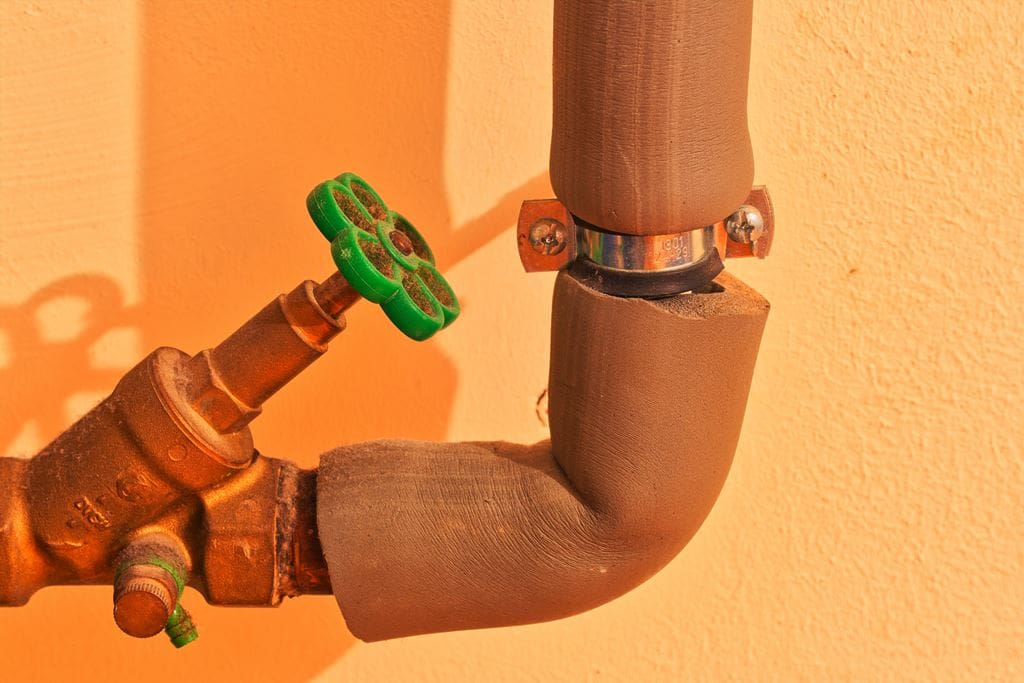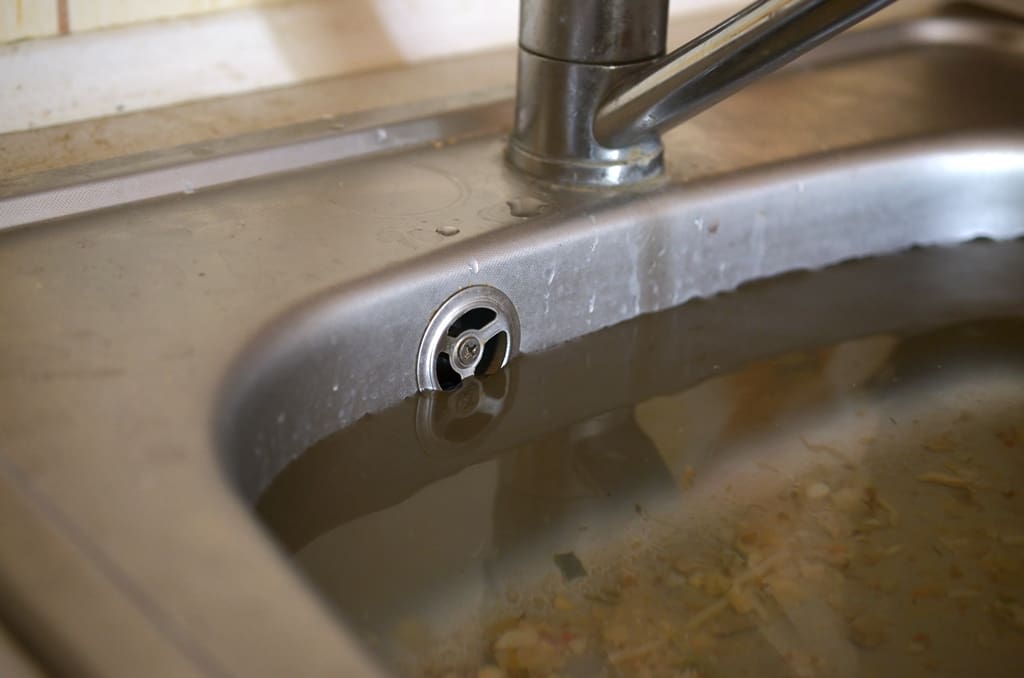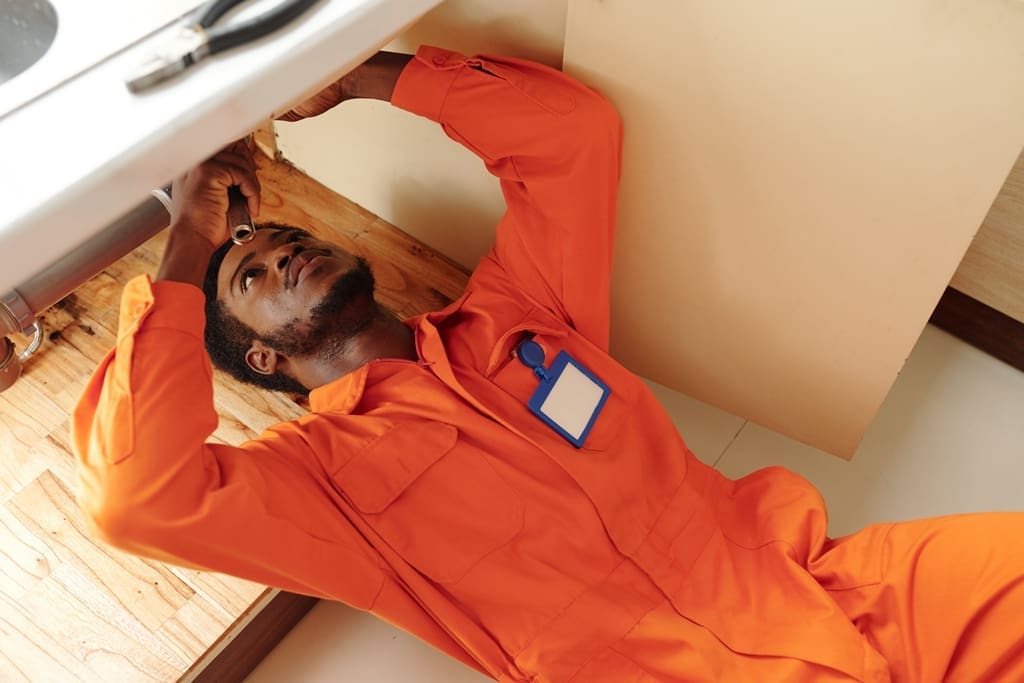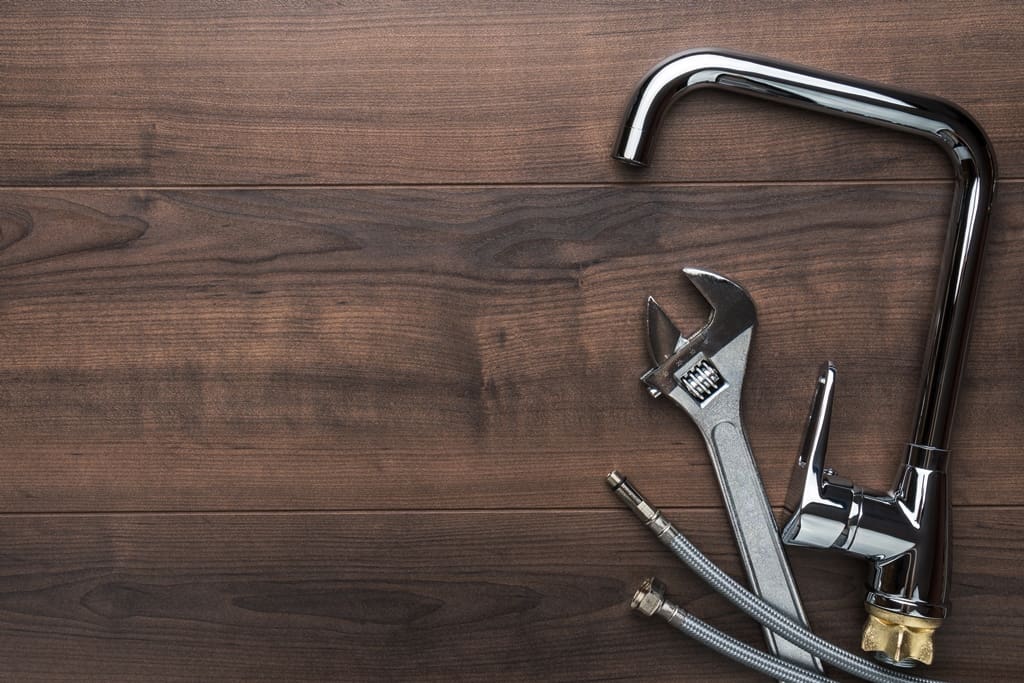It’s every homeowner’s nightmare: a plumbing problem. But before you call the plumber, take a deep breath and see if you can fix it yourself. This blog post will walk you through some basics of plumbing DIY so you can try to tackle the issue yourself. Remember, even if you don’t fix the problem entirely, by trying to do it yourself first, you may be able to save yourself some money. So let’s get started!
Why you should know your home’s plumbing basics
Homeowners who are familiar with their home’s plumbing basics will be equipped to identify and manage minor issues, as well as prepare for possible emergencies. Knowing the location of shut-off valves for individual appliances, being able to read a simple water pressure gauge, and understanding how to unclog basic drains and toilets can all save time and money in the long run if a plumbing issue occurs. Familiarizing yourself with your home’s plumbing should also include basic preventative measures such as regularly inspecting pipes and hoses connected to water-using appliances for cracks or leaks and replacing them immediately. Plumbing knowledge is an invaluable asset that every homeowner should have.
How to shut off your water supply

Having a basic knowledge of your home’s water supply system is an important part of being a homeowner. By knowing how to shut off your water supply, you can avoid flooding and costly repairs in the event of a plumbing emergency. Fortunately, shutting off the water is often easy to do. Usually, there will be a knob or shutoff valve located near your water heater, sink, or laundry area — it should have “water supply” or “main” clearly labeled on it. Turning this knob clockwise will completely stop the flow of water into your home safely and quickly. It is advisable to check the valve every few months to make sure they are working properly and make any adjustments if needed. Remember, having the skills and resources to turn off your home’s water supplies could help save you time and money in a crisis — so take some time out of your day today to learn exactly where these valves are located!
Basic plumbing tools every homeowner needs
Every homeowner should have the basic plumbing tools needed to take care of minor plumbing tasks, such as a plunger, pipe wrench, adjustable wrench, scissors or wire cutters, saw, and snake. While many homeowners can get away with just having these basics on hand for eventual use, some may want to add additional tools like a basin wrench or various screwdrivers. Having the plumbers’ essential tools referenced above will ensure that minor repairs are done efficiently and then you can handle more complex jobs when coaching from a professional is necessary. There is no better feeling than being able to handle a problem yourself rather than hiring someone else even though it is wise to call in an expert whenever a major fix is needed.
How to clear a clogged drain

Clearing a clogged drain can be tricky business, and the tried-and-true methods are often the most beneficial. Before reaching for any special products or chemicals from the store, try boiling water or using a plunger at home. Simply boil some water, then slowly pour it down the drain in intervals to break up the blockage naturally. When this method fails, plungers of various sizes can help dislodge an obstruction in your pipes. Be sure to remove as much standing water as possible beforehand for maximum efficiency. If neither of these solutions does the trick, consider purchasing a drain snake or auger that you can use to actively break apart and extract clog-causing debris on your own.
How to fix a leaky faucet
Fixing a leaky faucet is an easy task that can be tackled by most homeowners. The first step of the job is to turn off the water supply. Next, it’s important to remove the handle and access the valve stem underneath; use a wrench to carefully remove any washers or nuts attached. Once removed, inspect both parts for wear and tear, then replace them with the same size in new parts if they’re damaged. After reassembling the parts, test them out before turning back on the water supply. With these simple steps, you’ll have your leaky faucet fixed quickly and safely!
When to call a professional plumber

Calling a professional plumber can sometimes be the best decision for resolving a plumbing issue. A licensed plumber can better diagnose and address any problems related to lines, drainage, corrosion, and water heaters. Plumbers also bring their equipment that is designed to operate more efficiently than the average person’s toolbox which can save time and money in diagnosing problems. Most importantly, many of today’s plumbing systems have specific codes and regulations that only professional plumbers are aware of and have training in addressing. In sum, repairing plumbing problems is often best left to professionals who have the knowledge and expertise for more complicated repairs.
To summarize, it is important to have a basic understanding of your home’s plumbing. Knowing the essentials will help you tackle small problems effectively and quickly before bigger, more costly issues arise. Having the right tools at the ready makes these jobs much easier – don’t forget the plunger! Learn where your water shutoff valves are, and how to turn them off properly. If there is still a problem after taking these steps, it is always best to call in a professional plumber who can ensure that more complicated matters are resolved quickly and correctly. Taking care of some simple plumbing tasks on your own saves money and time which is worth doing if you spend enough time educating yourself on the basics.
#PlumbingTips #DIYPlumbing #HomeMaintenance

Richard has extensive experience in all aspects of buying and selling residential property. He has sold more than 400 homes and well over $100 million in residential real estate. There’s no need to guess. Get expert advice that will allow you to buy and sell with confidence and ease.
For neighborhood guides about Decatur and other intown neighborhoods, click here.
To learn more about the value of your home, please complete the form here.
If you are looking to purchase a home, please reach out here. We would love to help you have a wonderful buying experience.
You can always reach us through the Contact Us page here as well.
